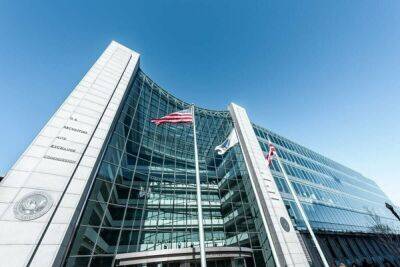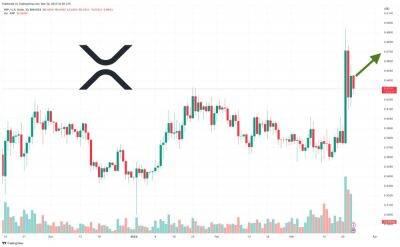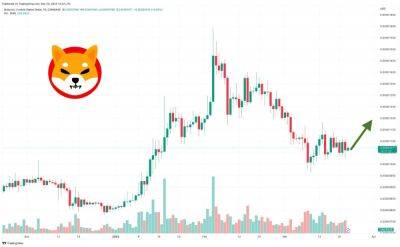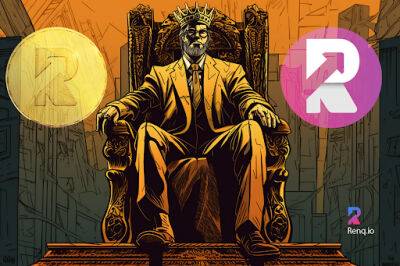AI-based tools bring security and transparency to the NFT market
The unhinged growth of nonfungible tokens (NFTs) has come with undesirable costs, and the tech sector is stepping up to fix it. In less than a decade, the NFT space has expanded from pixelated punks to an established proof-of-ownership for digital and physical assets. Like decentralized finance (DeFi), another subset of the crypto industry, the NFT market grew without traditional regulatory oversight.
While the uninterrupted expansion enabled true decentralization across the NFT ecosystem, the lack of standardization caused the same adverse effects that the DeFi space faced during its infancy. The fragmented structure of the current NFT ecosystem leads to confusion for users between different marketplaces, diverse collections and inconsistent pricing methods — turning an informed decision for NFT purchases into a complex task.
Having so many unchecked transactions also leaves the door open for NFT-specific issues, starting with plagiarism, wash trading and copy minting. Without proper standards and toolkits, the NFT ecosystem will continue to witness malignant NFT owners using wash trading to artificially increase NFT prices via fake transactions, copy-minting another creator’s original work, or indulging in other malpractices and foul play.
The NFT ecosystem needs to take a leaf out of DeFi’s playbook to hold its ground against the ever-growing security issues and threats. Blockchain analysis tools have so far been helping users to get instant, unbiased information about any DeFi protocol, token or marketplace, effectively ending the “Wild West” era of decentralized finance. With the rise of artificial intelligence (AI) and machine learning (ML), the NFT space is well-positioned to detect security threats and provide users
Read more on cointelegraph.com












![Will Ethereum [ETH] follow Bitcoin’s [BTC] lead as the market rallies? - ambcrypto.com - city Shanghai - city Santimenteven](https://gocryptonft.com/storage/thumbs_400/img/2023/3/23/91809_n6zc.jpg)


